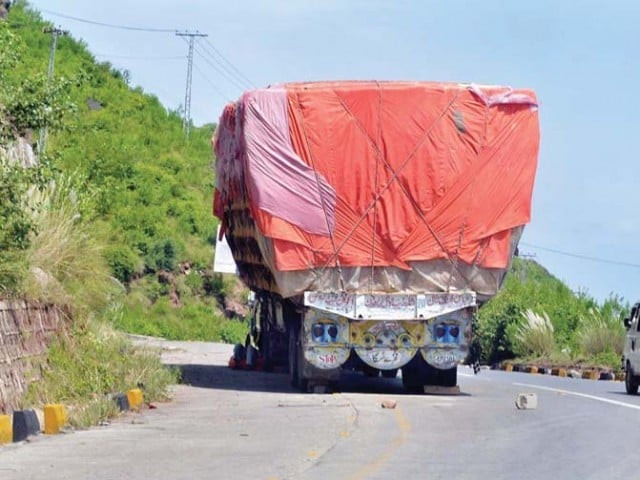Playing the Indian card
Traders have sought restrictions on Indian imports for Pakistani products to maintain stranglehold on domestic market

Industry representatives have sought restrictions on Indian imports that would enable Pakistani products to maintain a stranglehold on the domestic market. PHOTO: APP

There is no denying that over time, the law and order situation, the persistent power crisis and the stuck refunds with the FBR have hurt exporters. After investing billions in machinery and labour, it must be excruciating for industrialists and exporters to see their plants sitting idle while they wait for power. But the arguments they advance should not be seen in a vacuum. In formal bilateral trade with India, Pakistan’s share stands at around 20 per cent. Numbers don’t lie, but, in isolation, they can be highly misleading. Comparisons with India should become a thing of the past. The Indian economy has grown exponentially and so has the competitiveness of India’s exports. Even Bangladesh has edged Pakistan out.
This hasn’t happened overnight. Pakistan, despite boasting of its textile exports and the GSP Plus status, has been left behind because it hasn’t given world markets anything new to offer. With the emphasis being on textile exports, it is interesting that the value of these items sent abroad compares poorly with what the country spends on its imports. This is because our exporters have always kept value-addition and exporting finished goods on the back burner. International markets have become competitive and Pakistan hasn’t. It is as simple as that. Exporters can be given all the incentives and protections they demand, and the value of our exports will still not increase, not even in the long term. Imposing duties on imports of countries citing patriotic and emotional reasons will not increase the country’s foreign exchange revenue. The exporters and the government must realise this.
Published in The Express Tribune, September 14th, 2015.
Like Opinion & Editorial on Facebook, follow @ETOpEd on Twitter to receive all updates on all our daily pieces.














COMMENTS
Comments are moderated and generally will be posted if they are on-topic and not abusive.
For more information, please see our Comments FAQ